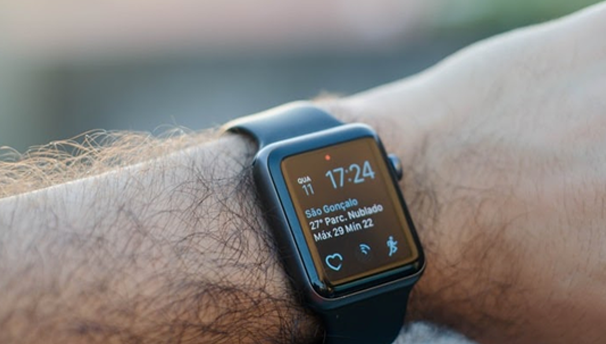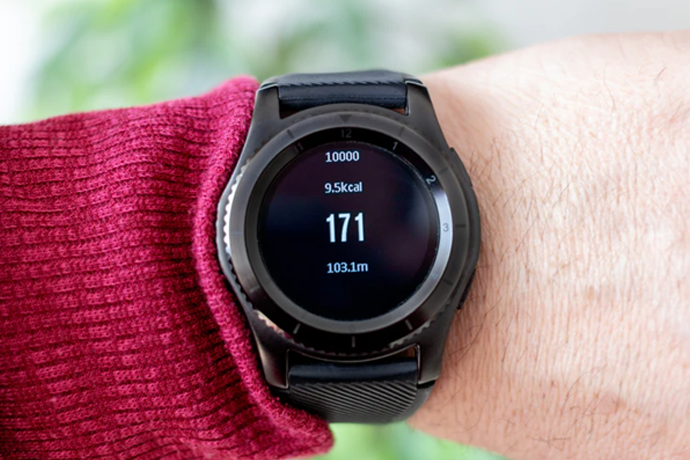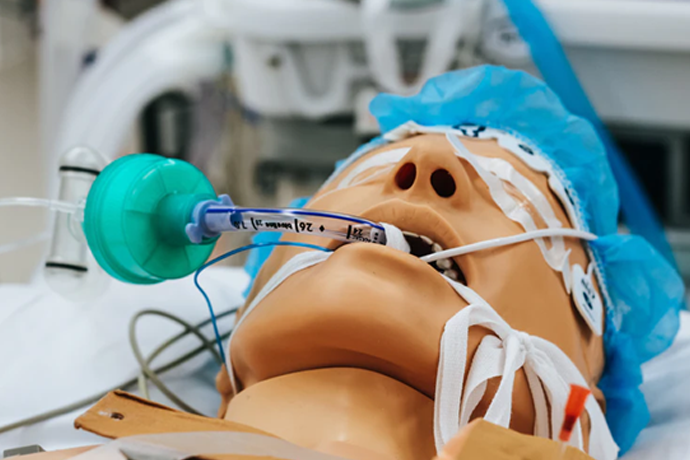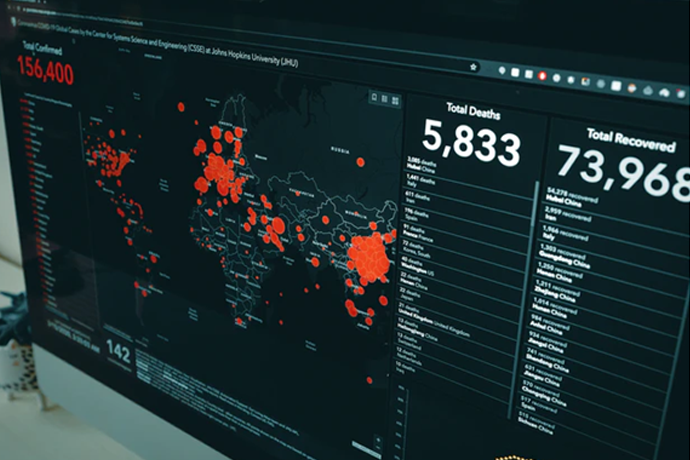The Role of IoT (Internet Of Things) In Healthcare Industry

IoT in the healthcare industry is the greatest technology innovation of recent times. It has made monitoring patients organized and vested physicians to offer superlative care. IoT connected in the healthcare applications deliver real-time monitoring and smart medical IoT devices synced to a smartphone app that allows doctors to gather medical data of their patients at any given point of time or place. The new innovations in place, the future of IoT in healthcare definitely looks bright.
The role of IoT is to reform the healthcare industry with inventive technologies. Change in data collection, interaction, monitoring a health condition, realizing new approaches for disease prevention and self-care is what the Internet of Things has previously done for the healthcare industry. Yet, new challenges are further giving scope to IoT, machine learning, data analysis, artificial intelligence, and repeatedly alerting the role of IoT in the medical sector.
The global Internet of Things (IoT) healthcare market is expected to grow approximately 39% from this year’s $72.5 billion to a 2025 projected projection of $188.2 billion, at a Compound Annual Growth Rate (CAGR) during the forecast period.
The IoT in the healthcare industry is driven by an advancement in technology, coupled with rising demand for self-health management service and rise of digitalization, as well as an increase in the overall level of connectivity and innovations taking place in the modern healthcare ecosystem, according to a new report added to ResearchAndMarkets.com and conducted in July.
Last month, ResearchAndMarkets.com released another report on IoT in the healthcare market by technology, infrastructure, devices, connectivity, and organization type, also for the 2020 to 2025 forecast. It reported, “The entire healthcare industry is poised to undergo an unprecedented transformation as a result of technology advances and healthcare access concerns due to the recent coronavirus pandemic.”
It added, “COVID-19 disease has forced hundreds of millions of people worldwide to change their behaviors in terms of how they obtain healthcare services,” and predicted “substantial growth in the healthcare industry largely propelled by IoT technology and applications deployed in a cloud-based ‘as-a-service’ for health-status monitoring, wellness, and acute care. Additional enablers include high-speed connectivity, embedded sensor solutions, and wearable applications.”
Benefits of IoT in Healthcare Industry
1) Decreased Operational Cost
IoT in healthcare can help decrease operational costs significantly. It has enormous potential to decrease costs and improve patient outcomes by delivering the best IoT medical devices. A report by Strategy Analytics states that Healthcare IoT may save up to a quarter of business costs. IoT healthcare applications can get down costs and enhance cost level by offering more robust features.
2) Better Patient Experience
The healthcare industry is implementing IoT hospitals for improved patient experience. IoT connected healthcare applications facilitate remote monitoring and make physical spaces smarter and better integrated. The general efficiency of operations, clinical tasks, and management of vital resources enhance the patient’s experience.
3) Reduced Errors
IoT healthcare applications aid physicians’ practice, prevent, and identify medicine more simply. With real-time data and the likelihood to evaluate past treatments and diagnosis of a patient – Smart healthcare systems using IoT helps to decrease errors. Furthermore, continual automated monitoring and improved study of the patient’s condition results in proper treatment without the likelihood of error.
4) Improved Outcomes of Treatment
The data collected by IoT healthcare devices are extremely precise and allows the doctors to make conversant decisions. Patient history can be evaluated and measured quickly. Data can also be sent to healthcare professionals or a board of doctors on a cloud platform.
The AI-driven medical IoT devices support making understandable decisions or suggestions based on present data leading to better results for the treatment.
5) Improved Disease Management
IoT healthcare application aids in eliminating the need for a healthcare professional by offering universal monitoring systems that can be used for disease management. Also, readily accessible sensors and gateways examine data and communicate it wirelessly to healthcare professionals giving additional scope to better disease management systems.
6) Research
When it comes to research, IoT can play a noteworthy role. It’s basically because IoT allows us to curate an enormous amount of data about the patient’s disease and health, which will take numerous years to collect manually.
This data, in turn, can be used for statistically reviewing the data for research purposes. In this way, IoT doesn’t only save lives, but it also saves money that would be required for research purposes.
7) Data Analysis
Gigantic amounts of data that a healthcare device sends in a short period is hard to store as well as manage if cloud services are unavailable. Even for the doctors and hospitals to obtain data in real-time initiating from numerous devices and then evaluating it manually is a tough call.
Here IoT devices can be of great assistance as they can gather all the data, store it as well as evaluate it in real-time. That is the reason why IoT Systems Development Companies are ruling the roost. It will all take place to overcloud, and the doctors will only get the analysis reports.
To Conclude
The popularity of IoT in numerous fields like education, manufacturing, automobiles, etc. is rising at a rapid pace. Now the time has come when IoT is also changing the healthcare industry by solving a innumerable issues.
With the advent of connected devices, healthcare service providers will see secondary missed appointments, a better understanding of circumstances and improved outcomes, and all in a lesser amount of time. Once completely adopted, IoT devices can greatly help to improve services and experiences, reduce costs, and help better healthcare services.



